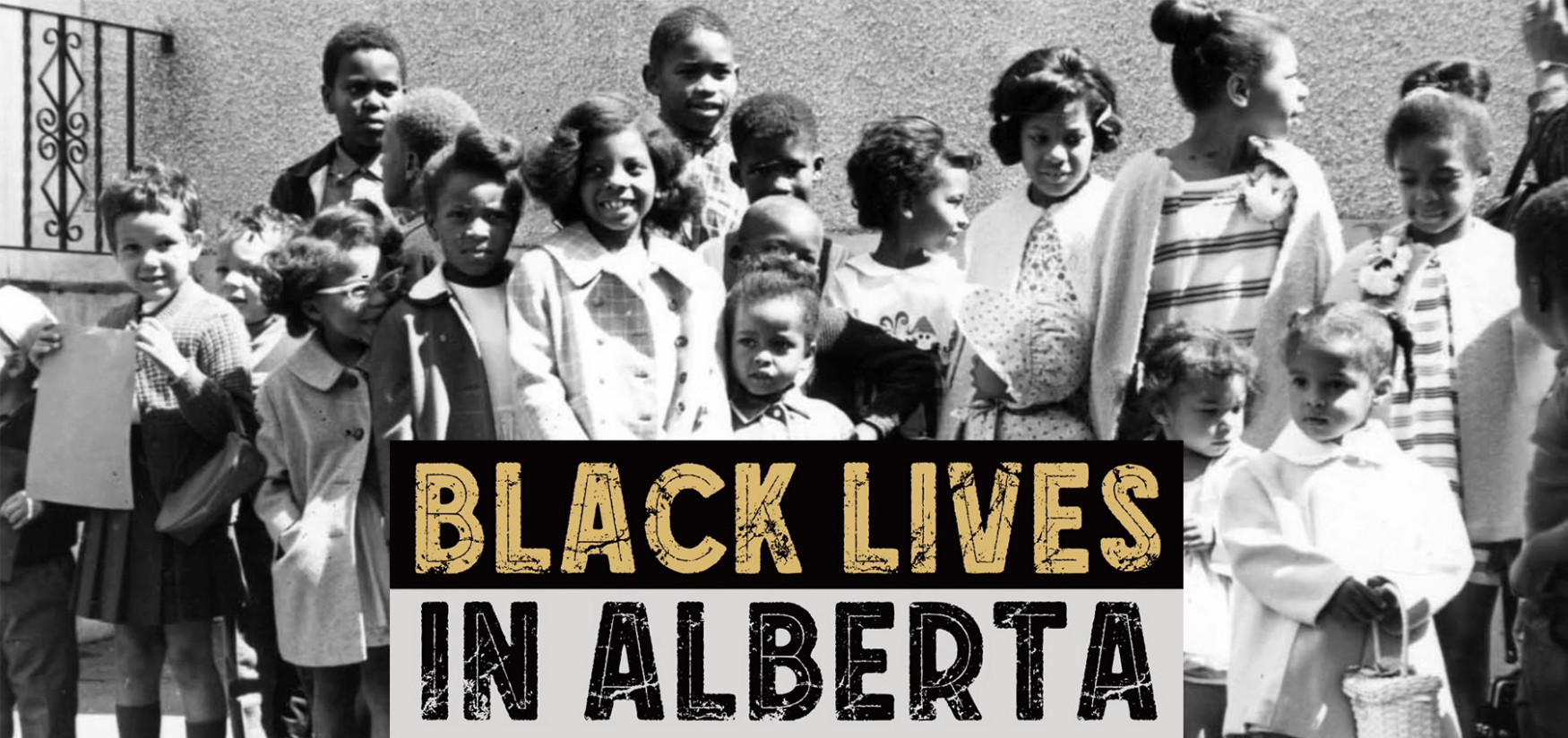
Black History Month events delve into racial injustice – TRU Newsroom
February is Black History Month, a time to celebrate people of African descent, recognize lived experiences of Black people and confront societal truths of anti-black racism.
The School of Social Work and Human Service in partnership with the TRU Black Law Students Association and the Thompson Nicola BC Association of Social Workers have organized two Black History Month events for TRU and the wider Kamloops community. Both events feature Dr. David Este, professor emerit of social work at the University of Calgary.
Lorry-Ann Austin is a TRU associate teaching professor and chair of Social Work and Human Service. Austin has been working with administrative support behind the scenes, planning these two events ever since hearing positive feedback from a presentation Este gave on his report, Reparations for Social Workers of African Descent at a recent Canadian Association for Social Work Education conference.
“Dr. Este spoke about how Black people are often not present — almost invisible — in most of the social work textbooks and curricula. That was a really motivating message and we thought it would be a good fit for him to come and speak about this here,” says Austin.
The first event, a film screening of the documentary Black Lives in Alberta: Over a Century of Racial Injustice Continues, screens on Tues., Feb. 13, from 5:30 to 7:30 p.m. at the Paramount Theatre downtown. Este produced this documentary with Dr. Jenna Bailey and Deborah Dobbins. The film examines the migration and settlement of Black people in Alberta and Saskatchewan and shares experiences directly from descendants of those Black pioneers.
“It provides interesting insights about the experiences of four Black adults and what it was like growing up Black in Alberta. One of the myths they destroy is that Canada is/was a colour-blind society. They all speak on their experiences of racism. It helps to illuminate our past and present when it comes to racism and discrimination in Canada,” says Este. He will be available to answer questions and talk about how the documentary was produced during a Q&A session following the screening.
The second event is Este’s Empowering Narratives lecture on Wednesday, Feb. 14, from 11:30 a.m. to 1 p.m. at the Campus Activity Centre (doors open at 11 a.m.). He will share findings on the profession of English social work and discuss how little attention the profession has paid to the lived experiences of African Canadians. He will discuss a variety of data collection methods used to analyze English social work’s relationship with African Canadians and present recommendations for the Canadian Association of Social Workers and the Nova Scotia Association of Black Social Workers.
“One of the primary aspirations of social work is to fight for social justice. It’s one thing to state that you’re for social justice, when the history of English social work and the profession of social work have been complicit in maintaining white supremacy in society. It took the death of George Floyd and many others for social work and overall society to realize we have a serious problem with racism as it relates to people of African descent,” says Este.
Both events are free, refreshments will be provided and are open to TRU and the wider Kamloops community. No registration is required. Este hopes people feel welcome to attend both events, even if they are not part of the TRU social work program.
“I would encourage people to attend both events because they provide two different perspectives: one on the history, and the other on lived experiences of African Canadians. They also show to wider society that racism and discrimination is alive and well as it relates to Black people in Canada,” says Este.
Austin would like people from the wider Kamloops area to attend, consider sharing personal experiences and support the strong relationship between TRU and the community.
“The community supports us as a university, and we want to be there as a university supporting, fulfilling and enriching the community in return. These events really foster that reciprocal relationship,” says Austin.
“These events are an important way to bring people together. We can learn from one another and about the great, rich cultural diversity that we have in Kamloops.”
